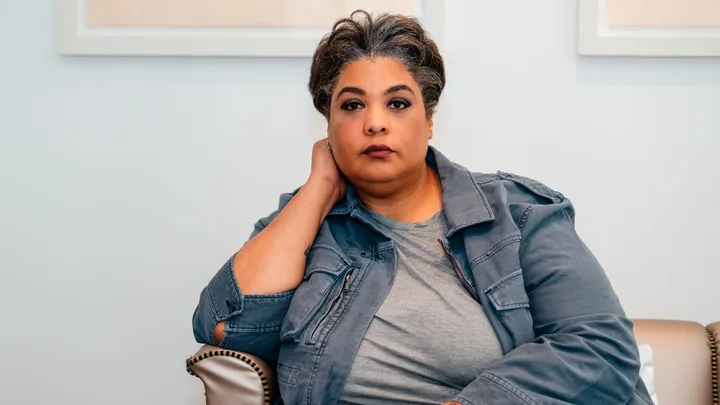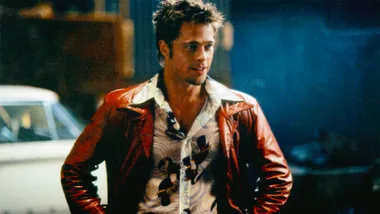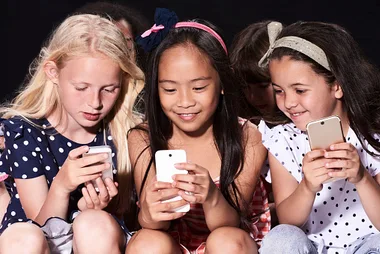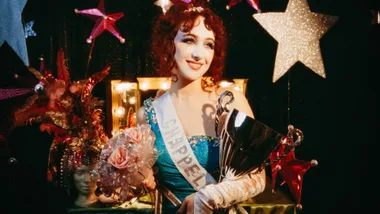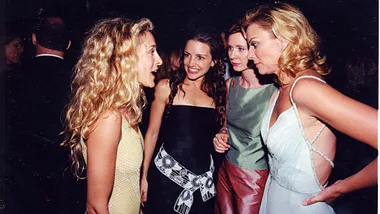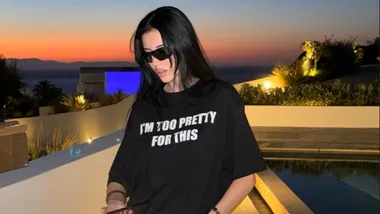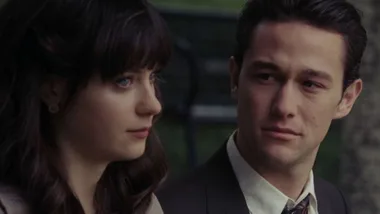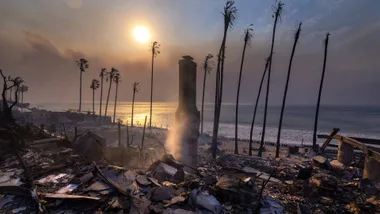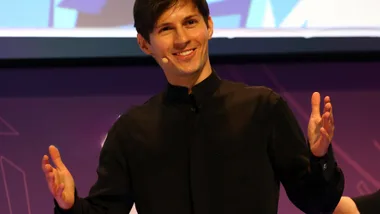The first time I received public criticism was over my essay about a young girl in Texas, who had been gang raped. The New York Times had published an article lamenting the effect this assault would have on the town. My response was: who gives a damn about the town, let’s worry about the child. The town is not a victim.
Usually I take most criticism far too personally, but in this instance I decided that if you are criticising this very-easy-to-get-on-board-with issue, that’s a huge problem and not something I can even begin to address.
I always encourage people to have good discussions about my work. The issue is not criticism but harassment and bullying. I try not to engage with disingenuous criticism, which is not easy because I enjoy trolling a troll and giving it right back to them.
Trolls are cowards. They don’t ever do it in person. I’ve had hecklers, I’ve received bomb threats and death threats at my events, but no-one has ever come in person to be combative. The fat-phobic trolls, the racist trolls, the antisemitic trolls, they never have the courage to say it to my face. It’s surreal to see the bravado and the level of cruelty and antagonism that all of us – including me – are capable of online, versus how we interact face to face.
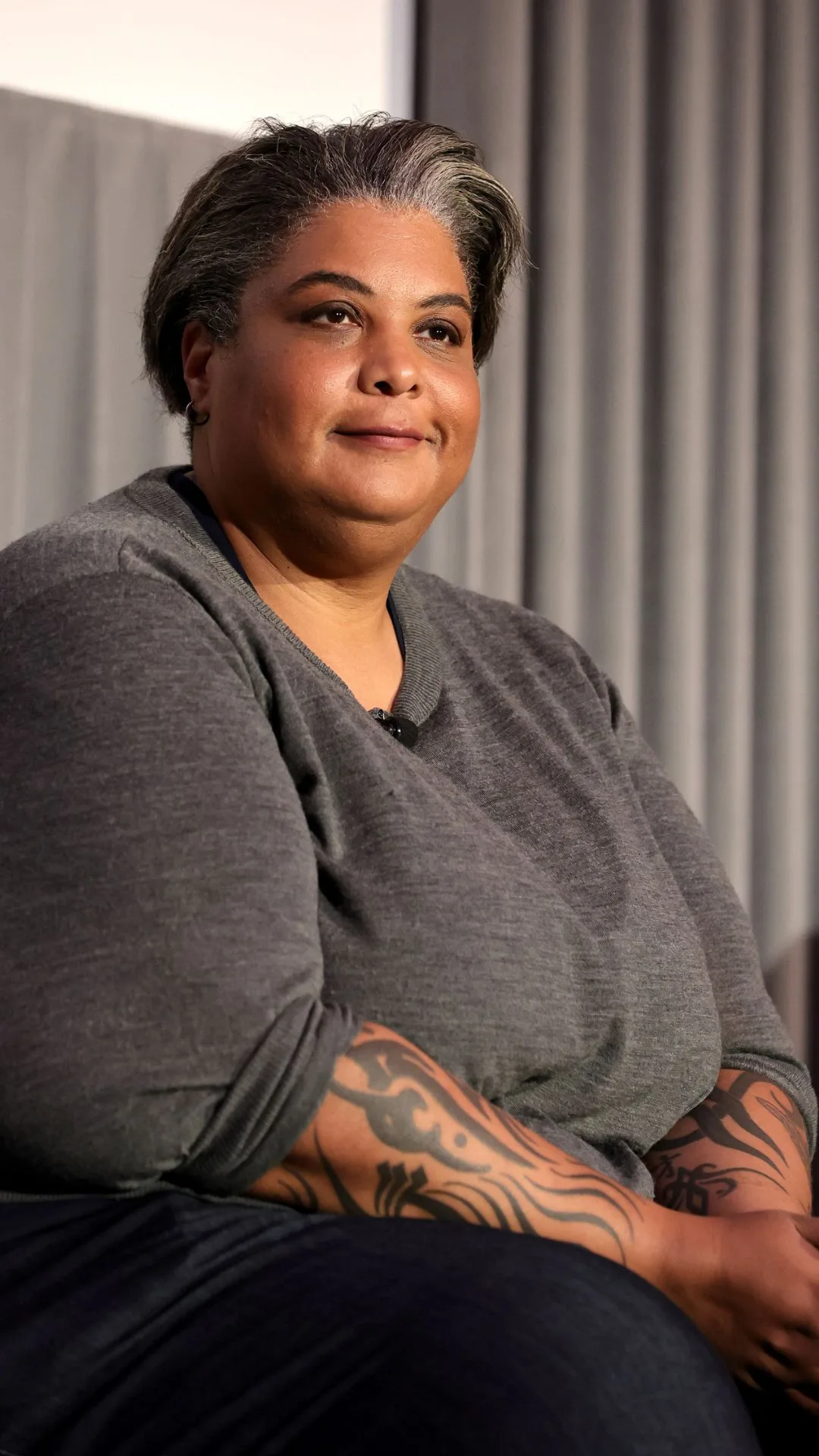
I often find that it’s something completely innocuous that people lose their minds over. I had an advice column in The New York Times called ‘Work Friend’ and one thing I wrote that really got under people’s skin was [in response to a letter from a woman] at the beginning of COVID.
The woman wanted to know if it would be rude to ask her housekeeper, Maria, to wear a mask while she was at her house. I felt that there were racist undertones to her question because she noted that Maria was Mexican and the implication in the letter was that because Maria was Mexican, she might have had more exposure to COVID.
I received so many emails saying, “How dare you accuse this woman of being racist.” The silver-haired set was irate. Nothing makes white people more upset than feeling like one of their brethren are being called racist. Oddly enough, the woman who wrote the letter wrote to me the other day – three years after I wrote the column – to say that she cancelled her New York Times subscription because of that letter, and that I should really rethink the consequences of calling people racist because she’s not, she’s just an elder person worried about getting sick. Funnily enough, you can be old and vulnerable, and also f***ing racist.
At the moment, there are two women who I feel have been unfairly subjected to public criticism. The first is Ketanji Brown Jackson, an associate justice of the US Supreme Court, who received free tickets to see Beyoncé and was publicly vilified for doing so. If Beyoncé sent me four tickets, I’m taking them. I thought that was unfair.
WNBA rookie Angel Reese also gets a ton of criticism that I feel is undeserved. It’s frustrating because she’s passionate and she plays hard, which is something we celebrate in our male players. But when a woman – especially a Black woman – does the same thing, it’s a problem. It’s not a coincidence that both of these women are Black.
It’s challenging to consistently put work into the public sphere, especially as a Black woman. You get used to the criticism, but on the other hand it chips away at your defences.
I try to avoid all of the discourse around my work, because my work is my contribution to the discourse. I’ve taught myself that my responsibility is on the page and not anything beyond that.
